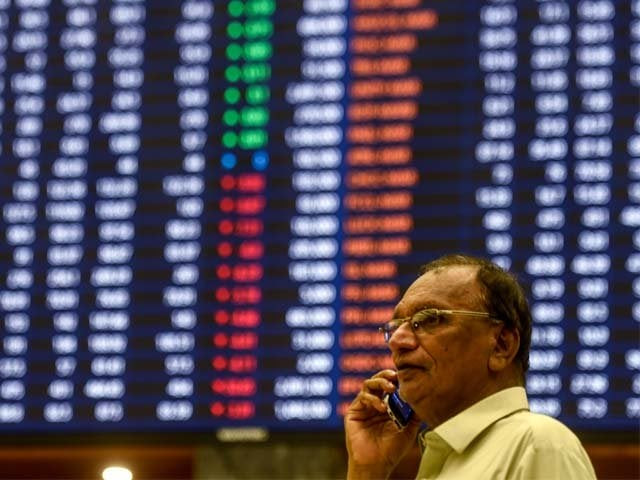With the imposition of global lockdowns and social restrictions, the pandemic has resulted in infecting millions worldwide and has brought economic activities to an absolute standstill. The World Bank forecasts that the global GDP is set to contract by 5.2% in 2020, one of the deepest recessions the world has had to face since World War II. Decomposing this estimate further reveals that with the exception of East Asia and the Pacific which is expected to grow by a mere 0.5%, South Asia will shrink by 2.7%, Sub-Saharan Africa by 2.8%, Middle East and North Africa by 4.2%, Europe and Central Asia by 4.7% and Latin America by 7.2% respectively.
These figures reveal a stark reality: years of progress and economic development will be intermittently reversed and millions of people who may have struggled to escape from rampant poverty levels earlier will be forced to fall back into its deepest recesses. Another worrying concern is that these measures are a conservative estimate and in the unfortunate event of the recurrence of Covid-19 outbreaks across countries, economies will be further disadvantaged and recessions may run deeper than currently projected. In the worst-case scenario, the Global Economic Prospects report of the World Bank forecasts that the global economy may contract by up to 8%. According to the World Bank Group President, David Malpass,
“Current estimates show that 60 million people could be pushed into extreme poverty in 2020 (and) these estimates are likely to rise further, with the reopening of advanced economies the primary determinant.”
Most countries are expected to enter a deep recessionary phase, with their per capita incomes falling for the first time since 1870. Advanced economies are expected to contract by 7% while developing economies are forecast to shrink by 2.5%. Developing countries are most vulnerable and susceptible to experiencing higher health and economic losses. With around 70% of total employment attributed to the informal sector and contributing to a third of the nation’s GDP, these economies stand to lose the most in terms of the economic toll the pandemic will likely cause. Their conditions are further exacerbated by being more vulnerable to contracting illnesses, suffering from job and income losses and, in the case of their future generations, hampering access to education due to school closures. Economies that are heavily reliant on trade, tourism, exports, as well as global investment will also be significantly hit, with this health crisis jeopardising and disrupting the lives of millions worldwide.
For South Asia, the World Bank report predicts that an output contraction of 2.7% is expected in 2020. In Pakistan, a GDP contraction of 2.6% (FY 2019/20) is forecasted, with labour-intensive export sectors being significantly adversely impacted and only a gradual recovery expected in the long run. According to the WHO, if a policy of alternating between lifting and reinforcing lockdowns every two weeks is adopted, Pakistan’s projected cases can be brought down to 400, 000. If no such lockdowns are enforced, the cases may jump to as high as 800, 000. Even at present, the country’s health system is crumbling under the demands of the rapidly rising number of cases with several hospitals now having run out of capacity to accommodate coronavirus-affected patients. With the national government not adopting any rational lockdown measures, it will be frightening and truly eye-opening to see the havoc that this virus will continue to wreak on the country’s population for months to come.
The pandemic will have long-lasting repercussions which can only be addressed if global coordination and cooperation is adopted. Policymakers should be cognisant of the need to draft and implement comprehensive reforms that aim to relieve the economy from its current dismay so that long-term growth and prosperity can be achieved. It is imperative that the global health and economic consequences of the pandemic are cushioned against by providing the most vulnerable and marginalised with strong social safety nets and financial protection. More specifically, comprehensive reform schemes targeting those employed in the informal sector need to be adopted to attenuate the economic damage incurred. It will also be extremely critical to ensure that governance outcomes are improved and investments in education and health expanded so that the economy can be assisted in achieving progress and sustainability in the long run.



COMMENTS
Comments are moderated and generally will be posted if they are on-topic and not abusive.
For more information, please see our Comments FAQ